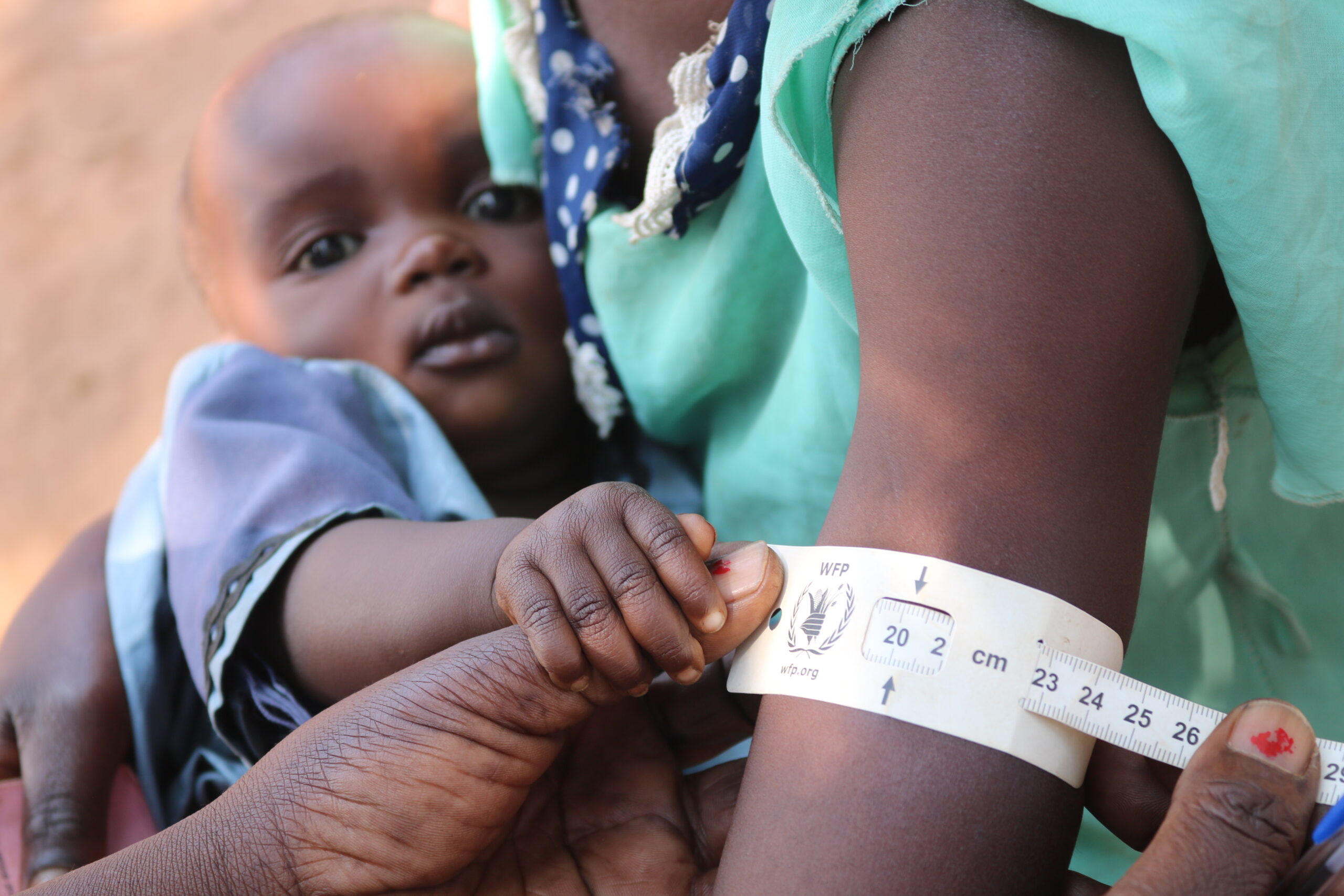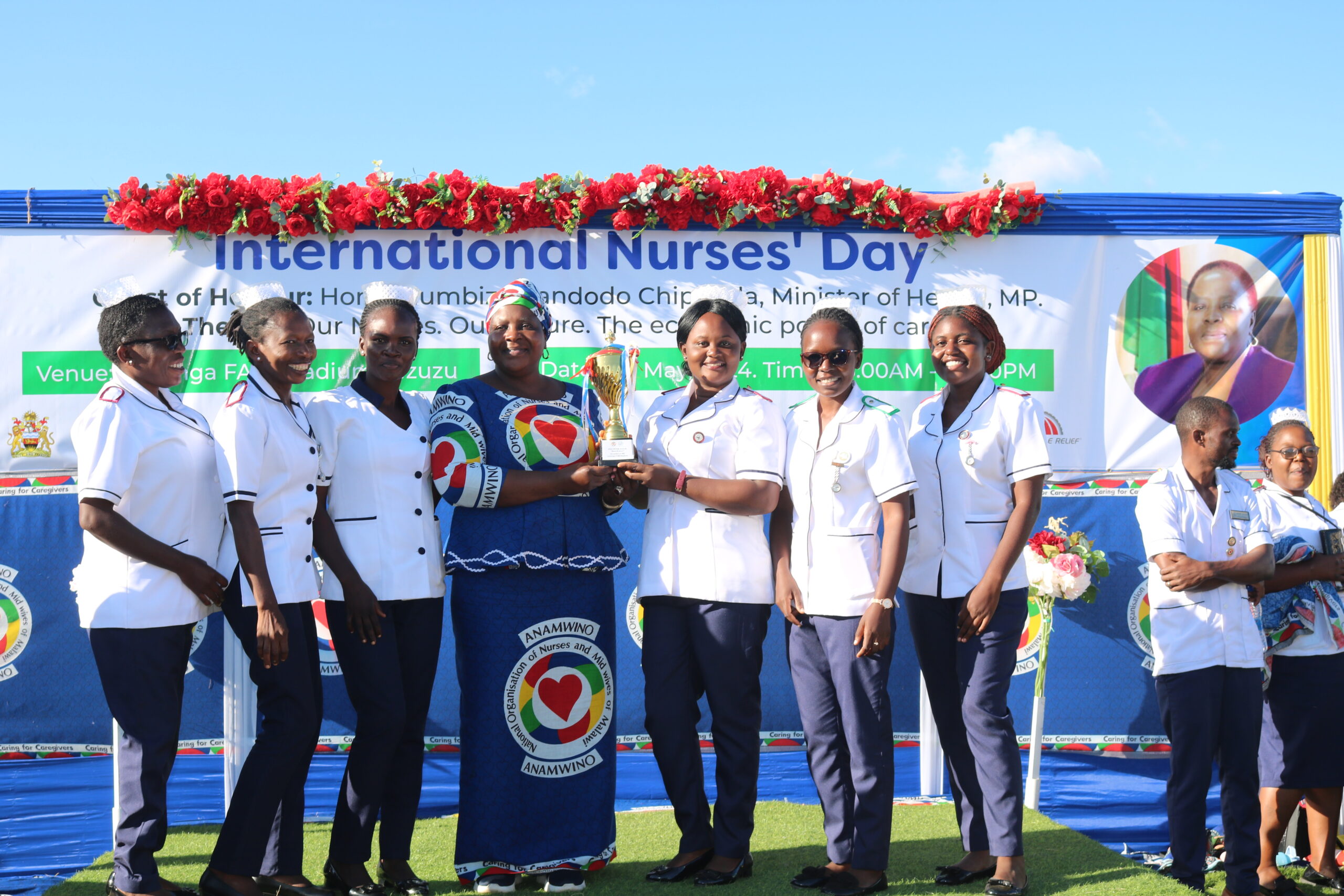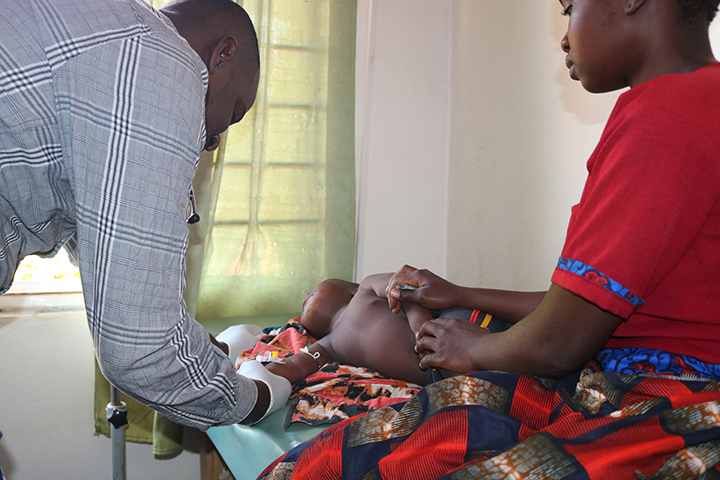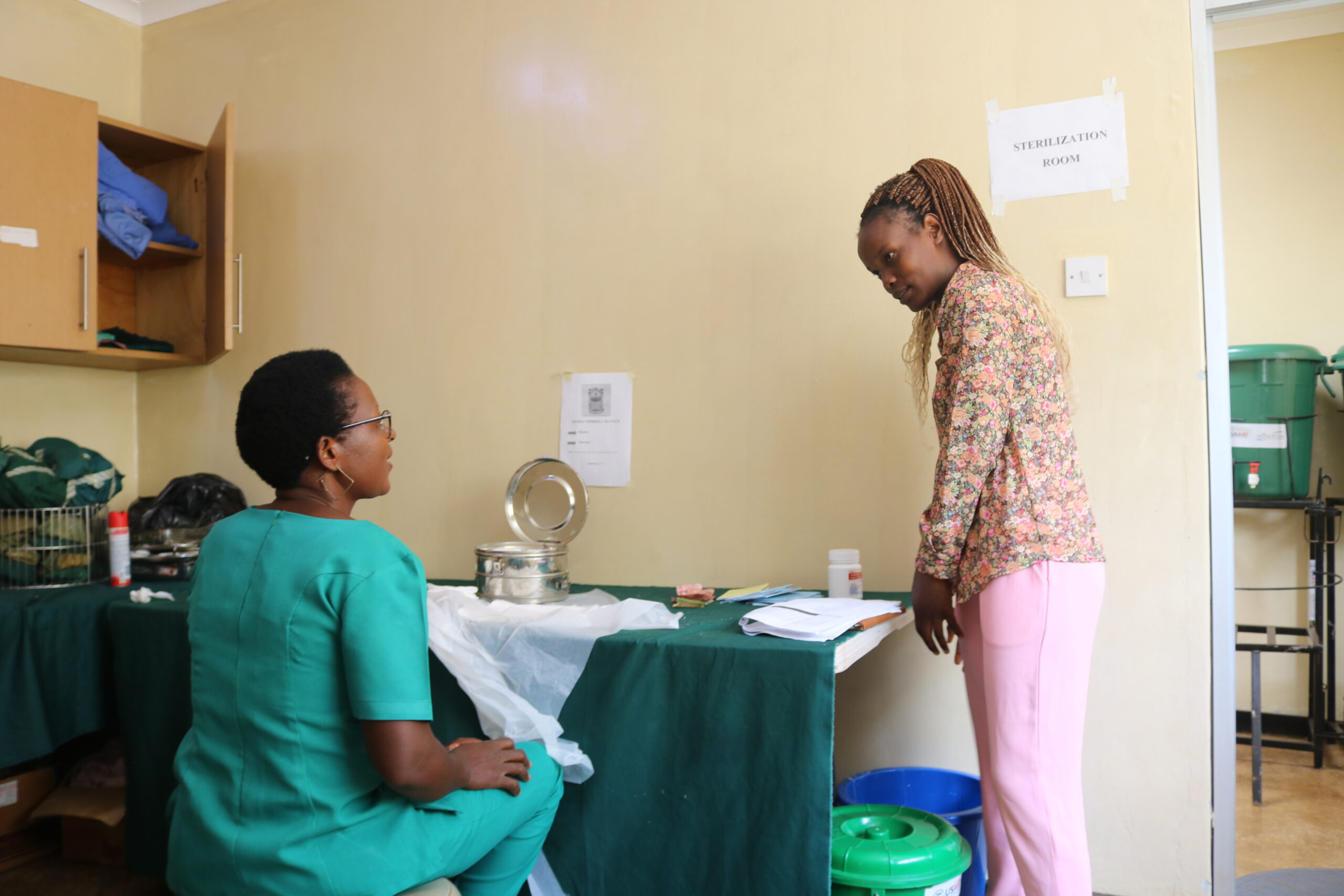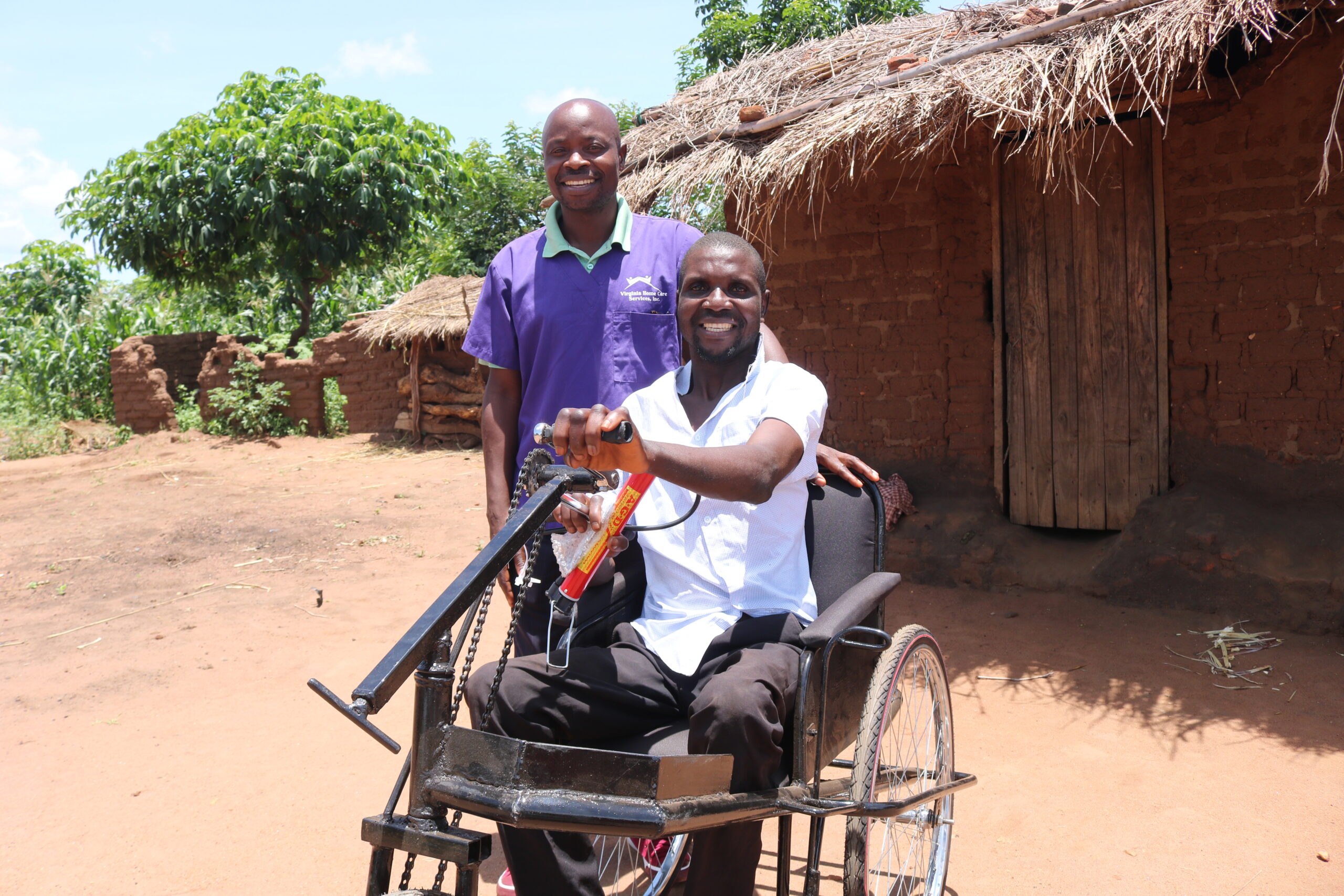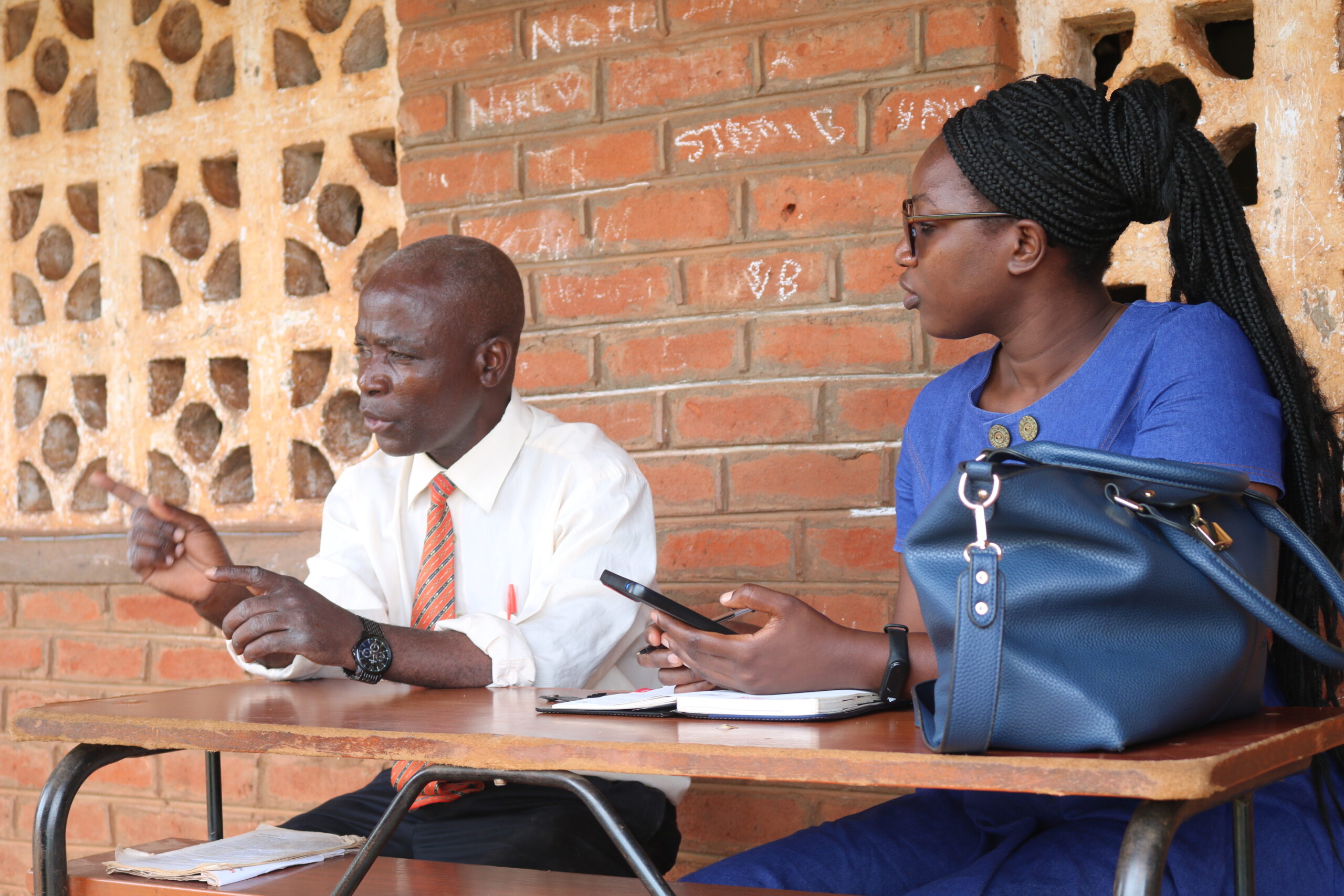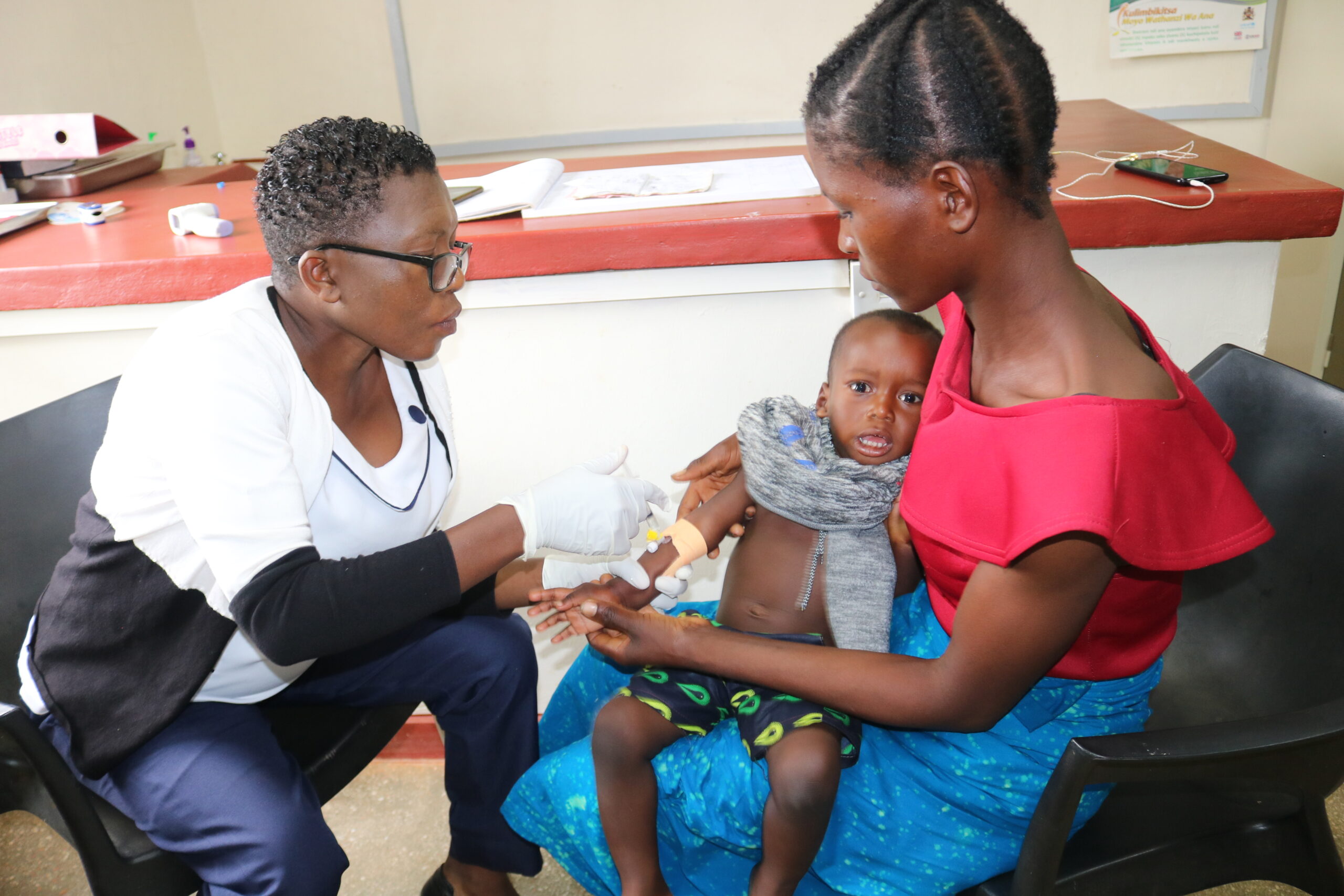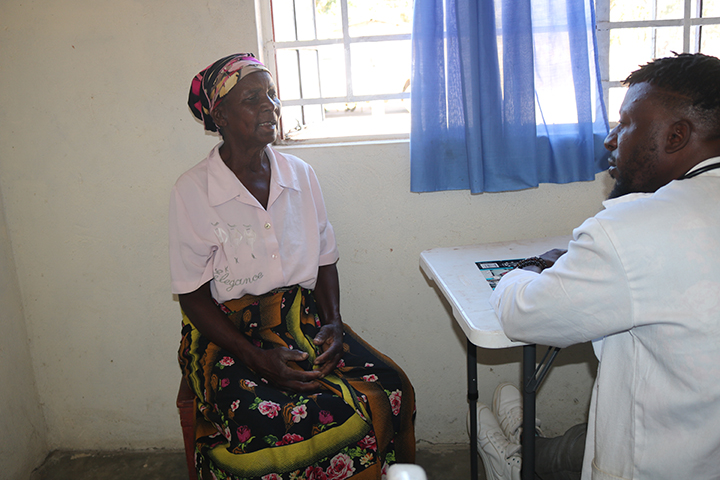Our Healthcare team is dedicated to improving the overall well-being of people. As part of this effort, this week we are conducting a nutritional assessment to all children aged from 6 months to 59 months and pregnant and lactating mothers in our catchment area. In this week’s blog post, we will explore the importance of this initiative and how it will benefit our community.
Up Close Look at Orant's Mobile Outreach Clinic

Orant’s Mobile Outreach Clinic is a healthcare facility on wheels. Every morning, the mobile team drives to hard-to-reach rural areas. At each village, they unpack their vehicle and set up shop. Our Mobile Outreach Clinic makes healthcare accessible to patients who live up to 2 hours’ walking distance to the nearest static clinic or hospital.
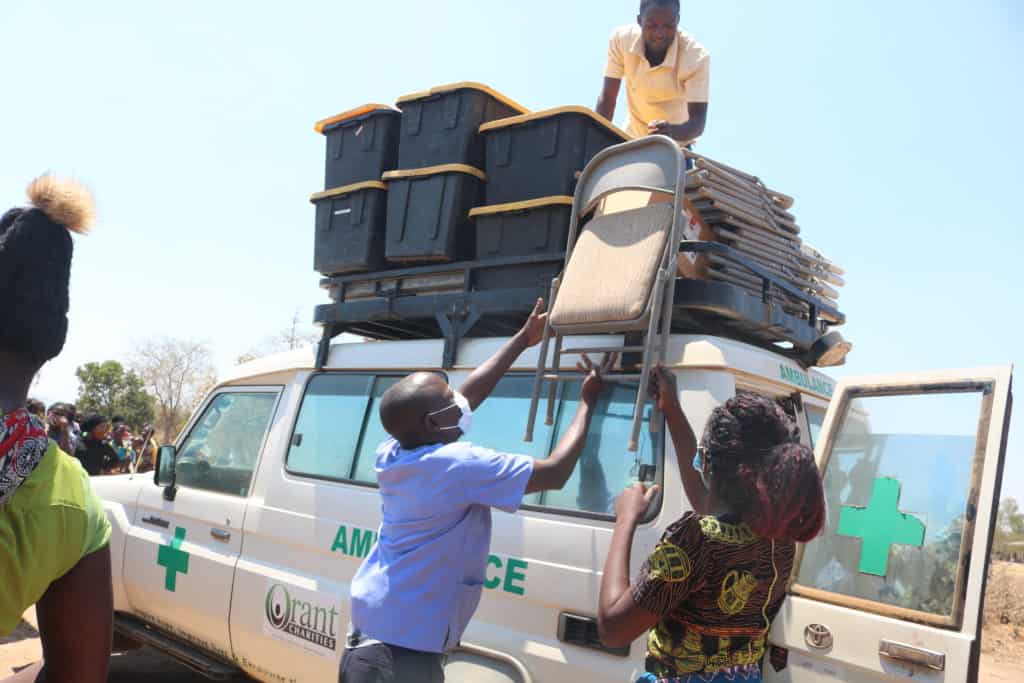
The Mobile Outreach Clinic team is a well-oiled machine. They work efficiently and joyfully together to deliver quality healthcare.
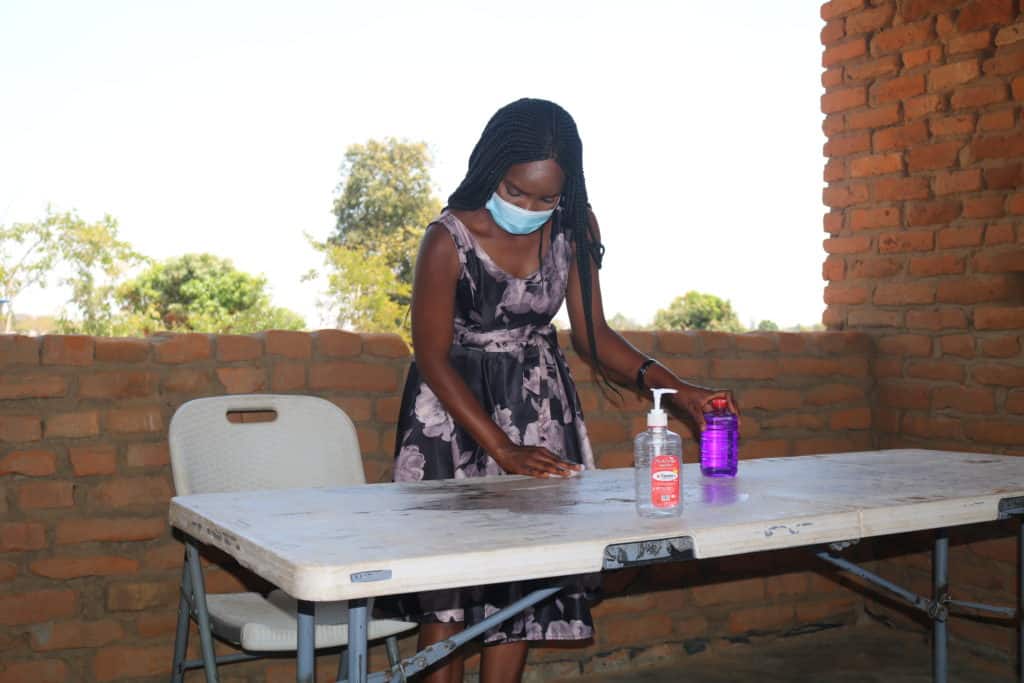
Because the Mobile Outreach Clinic travels, cleanliness and organization are of the utmost importance.
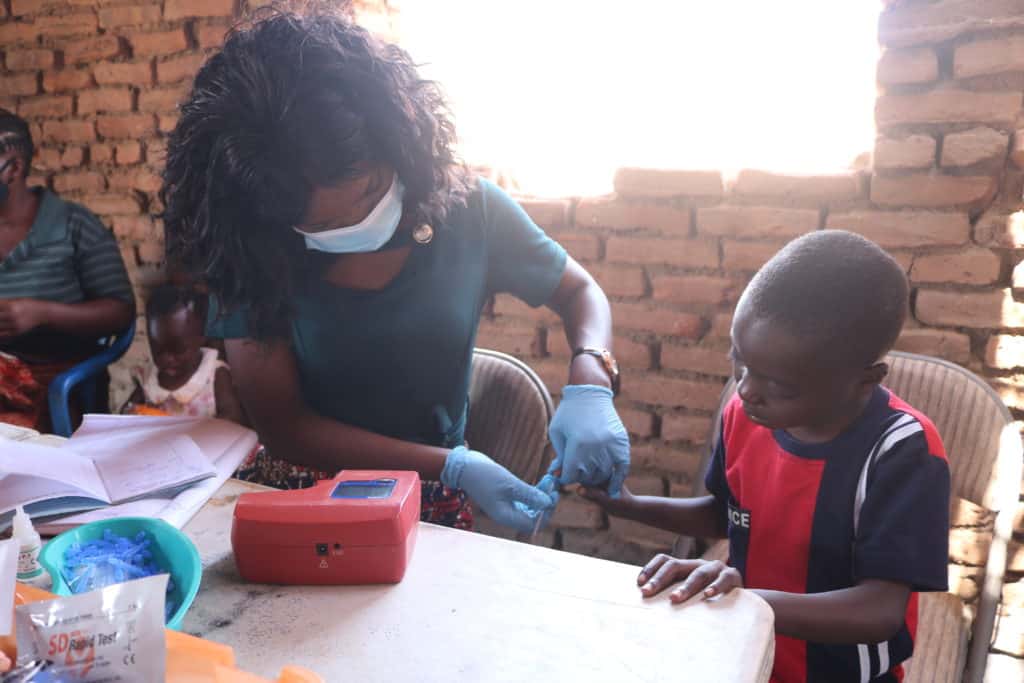
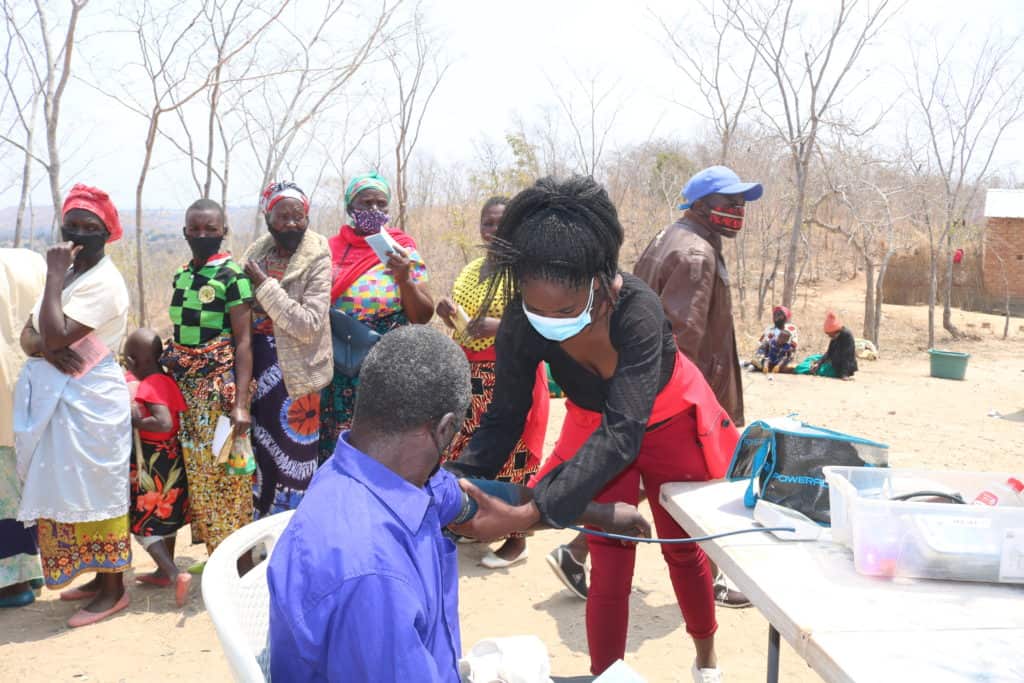
Each patient gets a blood pressure check-up as part of our standard primary care.
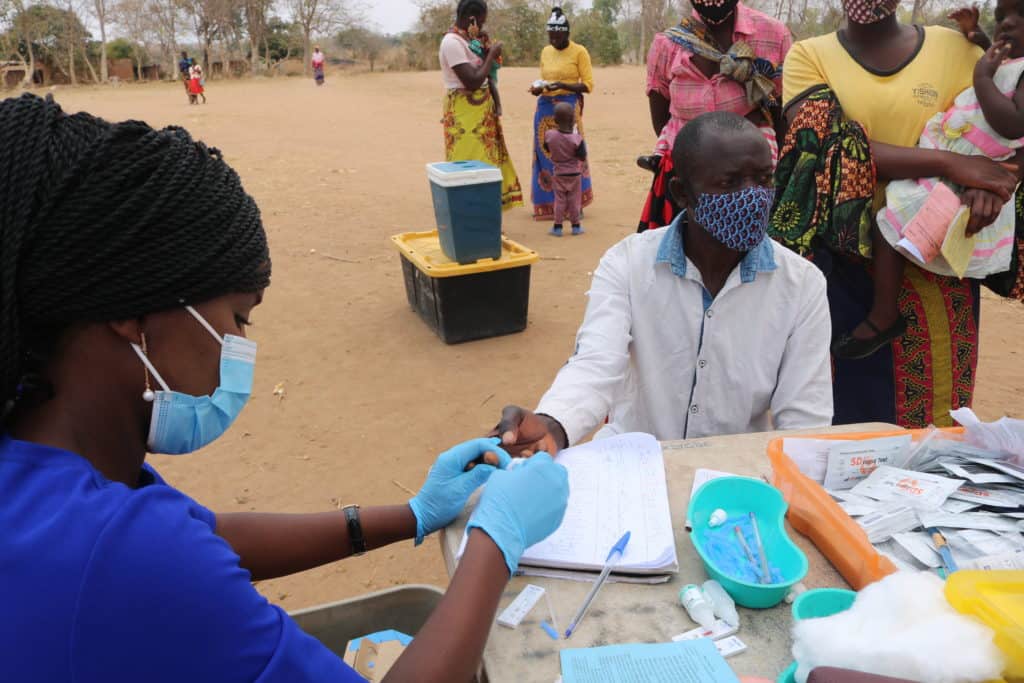
Malaria tests require a quick prick of the finger. Within minutes, the test shows results. Testing and treating malaria only costs about USD$1. However, many people would go untreated if not for Orant. Malaria can keep a person bedridden for three weeks. For children under five years old, malaria can lead to death. Orant’s Mobile team treats about 400 people a day during the malaria season.
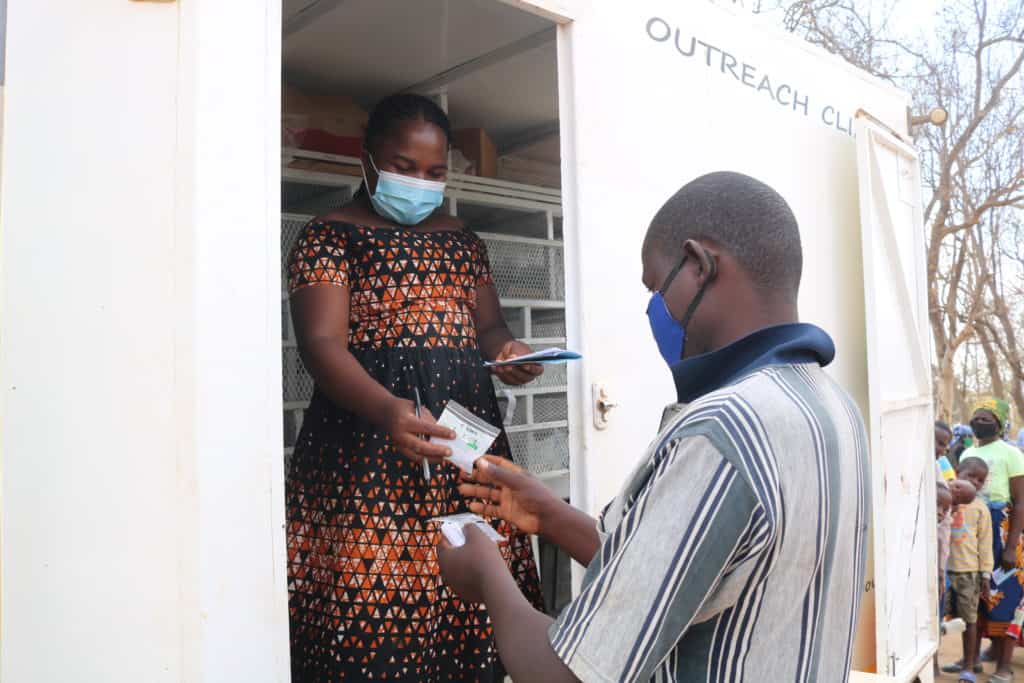
Orant’s Mobile Outreach Clinic travels with a fully stocked pharmacy. Pharmacists carefully count out prescribed medicines. Then, they communicate dosage and frequency to patients.
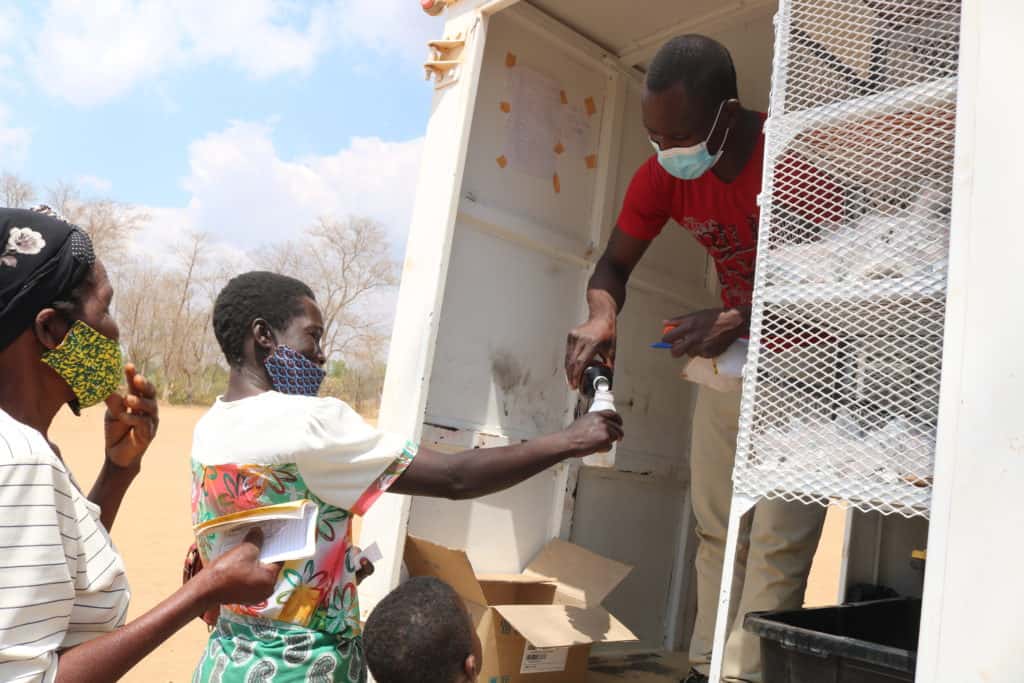
Above, a patient receives scabies medication. During the lean season, scabies outbreaks are common because households lack food and diversified diets.
The Orant Journal
Celebrating Nurses: Unsung Heroes of Healthcare
On May 12, 2024, we celebrated International Nurses Day, a special occasion aimed at celebrating and recognizing this noble profession. During the occasion, we were also thrilled to have been recognized as the Best Nurses in the Central East zone of the National Organisation of Nurses and Midwives of Malawi (NONM)! Read today’s blog article to learn more about what this means to our team.
World Malaria Day 2024
Every year on the 25th of April, the whole world commemorates World Malaria Day, which is aimed at highlighting the need for continued effort in malaria control and prevention.
Improving Healthcare Services through Quality of Care Assessment
Last week, we were visited by the quality of care assessment team from Dowa District hospital. Read today's blog post to learn about how this exercise is important to us and the community we serve.
New Wheels from Orant’s Healthcare Program
We are always happy when our support brings a smile on peoples faces and changes their lives. In this week’s blog article, we are talking to Andrea Mwale, a 41 year old man from Chapuwala village in Kasese. Andrea shares his gratitude towards the support that our Healthcare program has recently provided to him.
School Surveys Lead to Better Learning Outcomes
Data is one of the most important tools in all our programs as it helps us measure whether our programs are making an impact or when it’s time for change. For the past three weeks, our Education program has been surveying schools in our catchment area. Check out today’s blog to learn more about how this survey is going to contribute to our Education program.
Improving Healthcare Access in Rural Malawi
We are thrilled to announce the opening of our new Mobile Outreach Clinic this week, which is a great stride that our Healthcare program has achieved! We have started our operations with treating Chatalala Community in Kasungu district, Traditional Authority Njombwa. Read our blog post to learn more about how the new mobile outreach clinic will serve communities better.
Malaria Season in Malawi
Summer in the Southern Hemisphere brings malaria season in Malawi, a dangerous disease that can kill those who do not receive treatment in time. Orant works to ensure that those afflicted with the disease receive the proper treatment and recover.
The Challenge of Noncommunicable Diseases in Rural Malawi
Noncommunicable diseases (NCDs) remain a huge burden to the healthcare sector in Malawi. Read our blog post to learn more about NCDs.
Conducting Mobile Outreach Clinics in Malawi
Your donations have purchased a new trailer for our Mobile Outreach Clinic! Read our latest blog as our Mobile Outreach Clinic (MOC) team shares how the new trailer will be of great help to the team’s daily operations.

